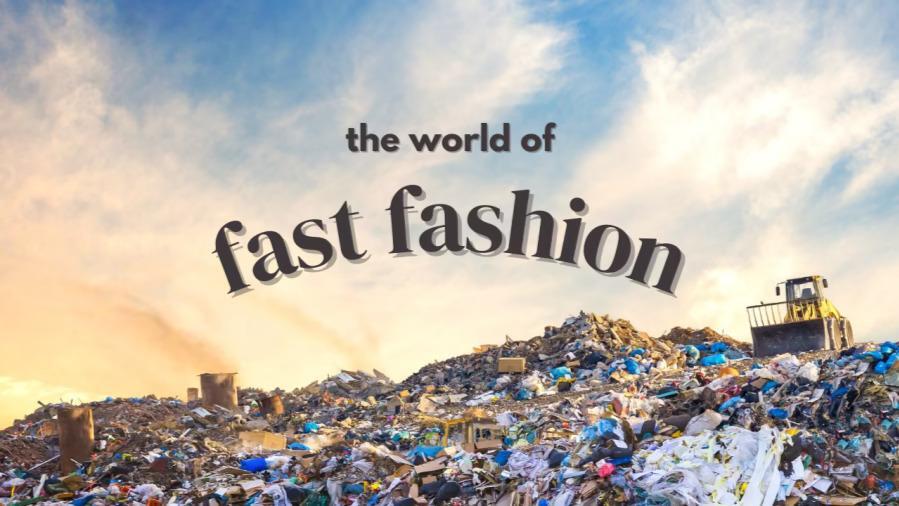
Why did your parents’ clothes last longer than yours?
Growing up, we often hear our parents reminiscing about the good old days, when clothes were made to last, and quality was prioritized over affordability. They would proudly show off their wardrobes, comprising a few, well-made pieces that had been passed down through generations. In contrast, our own wardrobes are a testament to the fast-paced, throwaway culture of modern times. We are surrounded by cheap, trendy clothes that seem to have a lifespan measured in weeks, not years.
So, what’s changed? Why do our parents’ clothes seem to have a longer shelf life than ours? The answer lies in the evolution of the fashion industry, which has become increasingly focused on speed, convenience, and affordability. Fast fashion, as it’s commonly known, has made it possible for people to buy and discard clothes at an unprecedented rate. But at what cost?
The Rise of Fast Fashion
Fast fashion emerged in the 1990s and has since become the dominant force in the global fashion industry. It’s characterized by:
- Frequent restocks: Clothes are designed to be trendy and disposable, with new collections arriving in stores every few weeks.
- Low prices: Fast fashion brands prioritize affordability, making it possible for anyone to buy clothes at a fraction of the cost of high-end brands.
- Synthetic fabrics: Synthetic materials, such as polyester and nylon, are used to reduce production costs and increase durability.
These factors have contributed to a culture of disposability, where clothes are seen as a temporary indulgence rather than an investment. We buy clothes because they’re cheap and trendy, without considering the environmental and social implications.
The Environmental Impact
Fast fashion’s focus on speed and affordability has devastating consequences for the environment. Here are a few statistics to illustrate the problem:
- Textile waste: The fashion industry generates an estimated 12.8% of global greenhouse gas emissions, with clothing production accounting for 10% of global carbon emissions.
- Pollution: The production of synthetic fabrics, such as polyester and nylon, requires massive amounts of energy and water, leading to pollution and environmental degradation.
- Waste management: The majority of clothing ends up in landfills or incinerators, where it can take hundreds of years to decompose.
The Social Impact
Fast fashion’s emphasis on cheap labor and short production cycles has severe social implications. Here are a few examples:
- Exploitation: Workers in the fashion industry, particularly in developing countries, are often exploited and underpaid.
- Working conditions: Poor working conditions, including long hours and hazardous environments, are common in the fashion industry.
- Sweatshops: The rise of sweatshops, where workers are paid very low wages and work in poor conditions, has become a major concern in the fashion industry.
What Can We Do?
So, what can we do to reverse this trend and adopt more sustainable fashion practices? Here are a few suggestions:
- Buy quality over quantity: Invest in well-made, timeless pieces that will last longer, rather than buying cheap, trendy clothes.
- Choose sustainable fabrics: Opt for natural fibers, such as cotton, linen, and silk, which are biodegradable and have a lower environmental impact.
- Shop second-hand: Consider shopping at thrift stores or online marketplaces for second-hand clothes, which reduce waste and support sustainable fashion.
- Support sustainable brands: Look for brands that prioritize sustainability, transparency, and fair labor practices.
- Mend and repair: Take care of your clothes by mending and repairing them, rather than discarding them.
Conclusion
The fashion industry has changed significantly over the past few decades, prioritizing speed and affordability over quality and sustainability. As consumers, we have the power to demand more from the brands we support. By adopting sustainable fashion practices, such as buying quality over quantity, choosing sustainable fabrics, and shopping second-hand, we can reduce waste, support fair labor practices, and promote a more environmentally conscious fashion industry.
Source: https://ascendants.in/spotlight/zudio-westside-fast-fashion-india/






